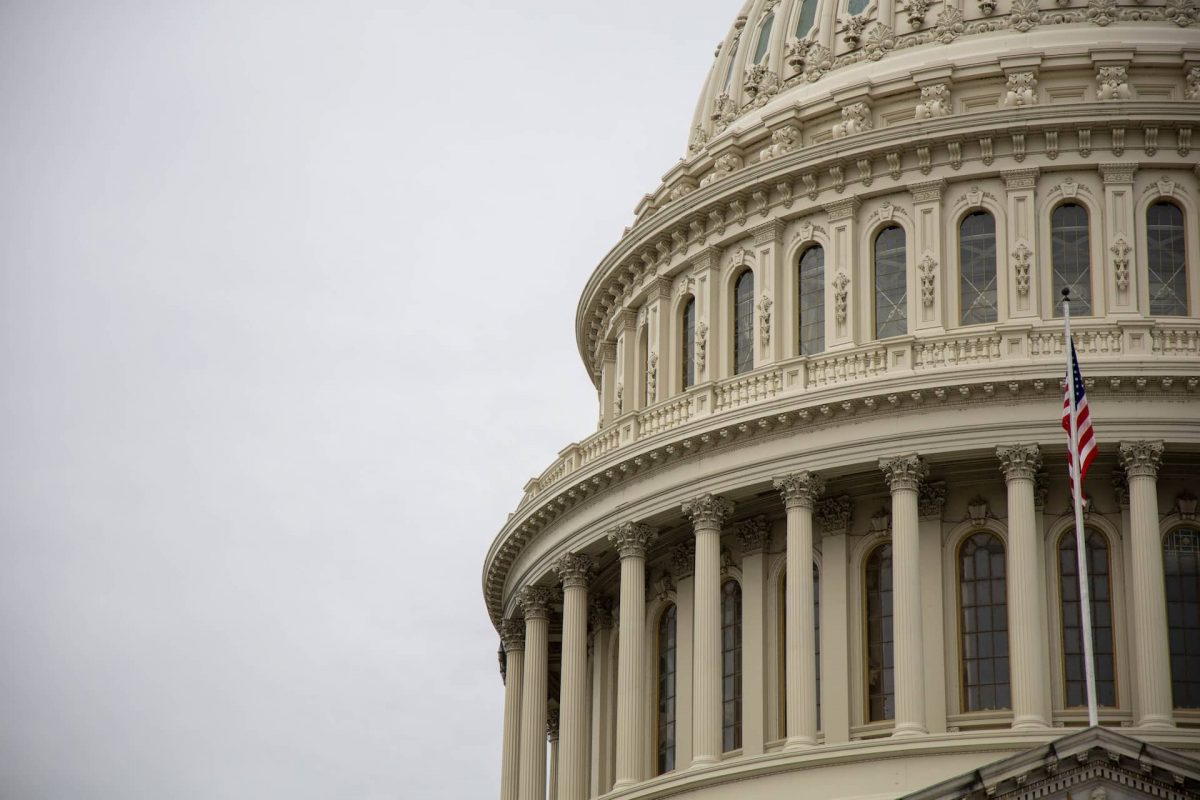Stablecoins need better regulators than SEC: Circle CEO

- Circle CEO Jeremy Allaire recently stated that stablecoins should not be regulated by the SEC.
- Allaire believed that stablecoins should fall under the purview of banking regulators.
Jeremy Allaire, founder and CEO of Circle Internet Financial, recently shared his opinion on the Securities and Exchange Commission (SEC) and its role in regulating stablecoins in the United States. Circle is the issuer of the world’s second-largest stablecoin, USD Coin [USDC], which has a circulating supply of over $42 billion.
Which firms are better for stablecoins?
According to a 23 February interview with Bloomberg, Allaire stated that the SEC is not the right agency to regulate stablecoins in the US. Instead, he suggested that banking regulators, such as the US Federal Reserve Board or the Office of Comptroller of the Currency (OCC), would be more appropriate.
He cited the stance of governments around the world, which view payment stablecoins as a payment system.
“There are lots of flavors, as we like to say, not all stablecoins are created equal. But, clearly, from a policy perspective, the uniform view around the world is this is a payment system, prudential regulator space.”
Allaire’s comments come amid the growing scrutiny of stablecoins by regulators worldwide. Many in the industry have accused the SEC of overreaching its jurisdiction and regulating by enforcement to extend its oversight of the crypto industry. The securities regulator recently issued a Wells notice to Paxos, Circle’s rival firm, informing the company of its intention to initiate enforcement actions.
Circle CEO proposes better measures
Allaire disagreed with the SEC’s role in regulating stablecoins. However, he supported the regulator’s proposal to include virtual currencies in the assets subject to qualified custodian requirements. This would provide control to structures and bankruptcy protection.
Stablecoins have become increasingly popular in recent years because of their ability to maintain a value relative to fiat currencies. However, their regulatory status remains uncertain, with many regulators around the world calling for stricter oversight.






